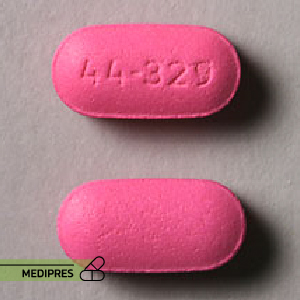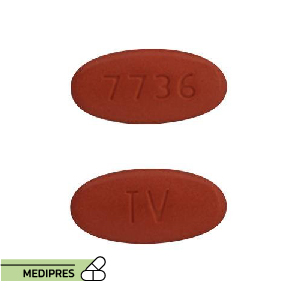
Digoxin
23 June, 2023
Donepezil
23 June, 2023Diphenhydramine
Generic name: diphenhydramine
Brand names: Allergy Relief, Allermax, Banophen, Benadryl, …
Drug classes: Anticholinergic antiemetics, Anticholinergic antiparkinson agents, Antihistamines, Miscellaneous anxiolytics, sedatives and hypnotics
Dosage form: tablets/capsule/syrup/topical cream
Root of administration: oral/topical/intramuscular
Dose:
- Tablets: Diphenhydramine tablets are typically available in strengths ranging from 25 mg to 50 mg.
- Capsules: Diphenhydramine capsules are available in strengths ranging from 25 mg to 50 mg.
- Syrup: Diphenhydramine syrup is typically available in strengths ranging from 12.5 mg/5 mL to 25 mg/5 mL.
- Topical cream: Diphenhydramine cream is typically available in strengths ranging from 0.5% to 2%.
Mechanism of action: Diphenhydramine is an antihistamine that reduces the effects of natural chemical histamine in the body. Histamine can produce symptoms of sneezing, itching, watery eyes, and runny nose.
Drug usage cases: Diphenhydramine is used to treat sneezing, runny nose, watery eyes, hives, skin rash, itching, and other cold or allergy symptoms. Diphenhydramine is also used to treat motion sickness, to induce sleep, and to treat certain symptoms of Parkinson’s disease. Diphenhydramine may also be used for purposes not listed in this medication guide.
Drug contraindications: You should not use diphenhydramine if you are allergic to it. Ask a doctor or pharmacist if it is safe for you to take diphenhydramine if you have other medical conditions, especially:
- blockage in your digestive tract (stomach or intestines)
- bladder obstruction or other urination problems
- a colostomy or ileostomy
- liver or kidney disease
- asthma, chronic obstructive pulmonary disease (COPD), or other breathing disorder
- cough with mucus, or cough caused by smoking, emphysema, or chronic bronchitis
- heart disease, low blood pressure
- glaucoma
- a thyroid disorder
- if you take potassium (Cytra, Epiklor, K-Lyte, K-Phos, Kaon, Klor-Con, Polycitra, Urocit-K)
Side effects: Get emergency medical help if you have any signs of an allergic reaction to diphenhydramine: hives; difficult breathing; swelling of your face, lips, tongue, or throat. Stop using diphenhydramine and call your doctor at once if you have:
- pounding heartbeats or fluttering in your chest;
- painful or difficult urination;
- little or no urinating;
- confusion, feeling like you might pass out; or
- tightness in your neck or jaw, uncontrollable movements of your tongue.
Warnings: When taking diphenhydramine, use caution driving, operating machinery, or performing other hazardous activities. Diphenhydramine may cause dizziness or drowsiness. If you experience dizziness or drowsiness, avoid these activities. Use alcohol cautiously. Alcohol may increase drowsiness and dizziness while taking diphenhydramine.
Use during pregnancy or breastfeeding: It is not known whether diphenhydramine will harm an unborn baby. Ask a doctor before using this medicine if you are pregnant.
Diphenhydramine can pass into breast milk and may harm a nursing baby. Antihistamines may also slow breast milk production. Ask a doctor before using this medicine if you are breast-feeding.



